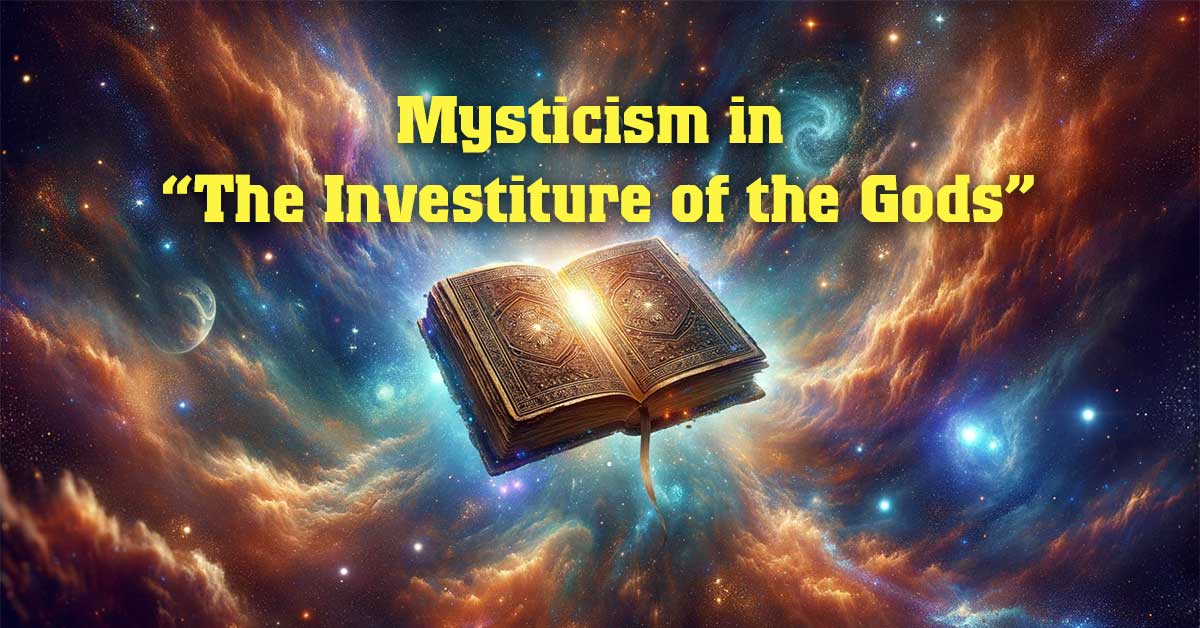Foreword:
This book, “Mysticism in The Investiture of the Gods” is a translation from the original Vietnamese text.
The Chinese classical epic, “Reward for the Seven Sages,” recounts the tale of two monks—one practicing Taoism and the other Buddhism. Both attained enlightenment, possessed supernatural abilities, and held deep knowledge of the principles governing the changes of heaven and earth. Qu Chang Chun (Wu Ch’eng en), the Taoist monk, served as the King’s advisor, while Bai Yun, the Buddhist monk, acted as the Queen’s teacher. Engaged in a competition for superiority, they demonstrated numerous miracles, yet also faced accusations of slander. Ultimately, one monk became bald, and the other lost his pagoda. However, they later resolved their worldly affairs and reconciled with each other. Each authored a book aiming to harmonize Taoism and Buddhism, resulting in the revered classical Chinese mythical epics “The Nomination of the Gods” (also known as “Creation of the Gods”) and “Journey to the West”.
Over time, individuals lacking comprehensive knowledge of mysticism made various additions and comments on these works, complicating understanding for others.
The purpose of this book is twofold: first, to entertain readers by retelling the story of “The Investiture of the Gods” (also known as “Creation of the Gods”), and second, to elucidate the supernatural by examining the past to better comprehend the present. This endeavor is undoubtedly not undertaken in vain.
Related Post
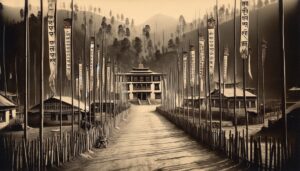
An Ascetic and the Dalai Lama
An Ascetic and the Dalai Lama (Excerpt from Alexandra David-Neel’s Magic and Mystery in Tibet, Dover Publications, Inc., 1971) Thubten...
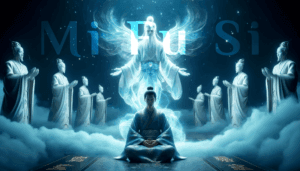
Truth and Illusions in Mysticism
Truth and Illusions in Mysticism (Giả Thật trong lãnh vực Huyền Bí by Dianichi on 16 June 2009, 14:04 -...
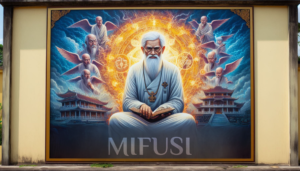
Story 11 – A mysterious illness
Story 11 - A mysterious illness Câu chuyện số 11 - Bệnh Vô Hình by ThầyGià on 12 November 2008,...
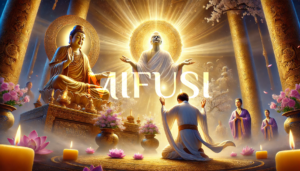
The privilege of making offerings to Grandmaster/Teacher
Được Thánh thần cho phép cúng dường by Quế An on 26 Oct 2016, 19:08 - translated by Horangi Bowing...
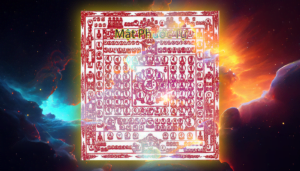
Chapter VI: II – Ucchusma Lectures On The Dharani Of Great Satisfaction And Wonderful Magic
II.Ucchusma Lectures On The Dharani Of Great Satisfaction And Wonderful Magic. North India, tripitaka master Ajitasena (the Invincible General) translated...
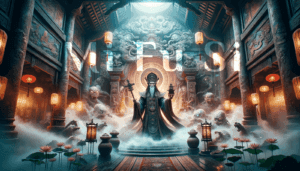
ST TRAN’S EXORCISM AND COMMENTARY
Saint Trần exorcises evil spirits. Introduction: In 1920, the French Society for Psychic Research sent two representatives, Mr. Camille Flammarion...
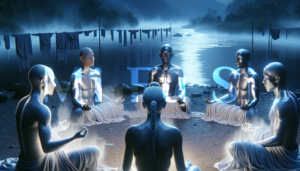
Tummo-kundalini practice
Tummo-kundalini practice (LUYỆN LỬA TAM MUỘI - KUNDALINI) - sent by Echo on Jan, 14 2009, 03:19, Translated by Dian....

A Kidnapping Story with a Good Ending
A Kidnapping Story with a Good Ending (Câu chuyện bắt cóc có hậu by thànhtâm on 25/04/12, translated by ngocxuan,...
